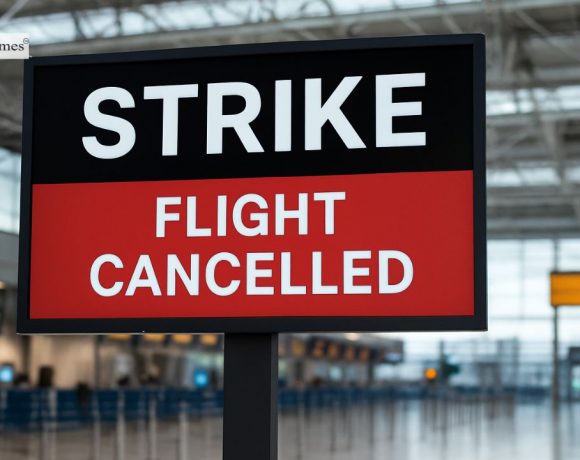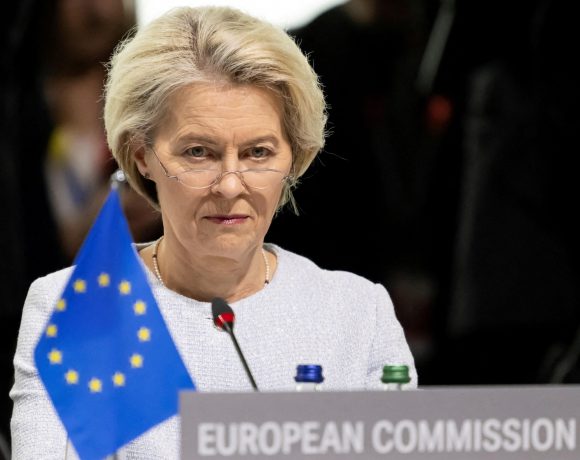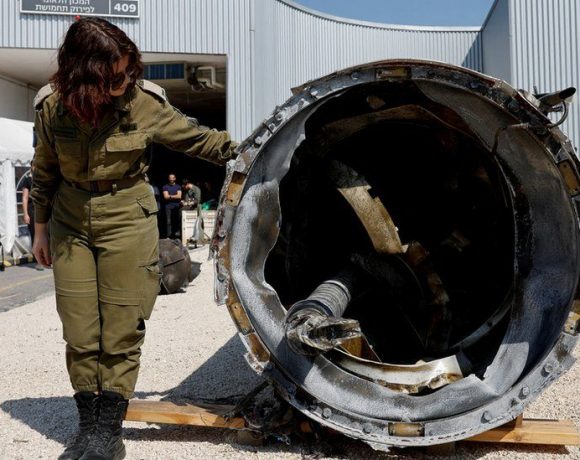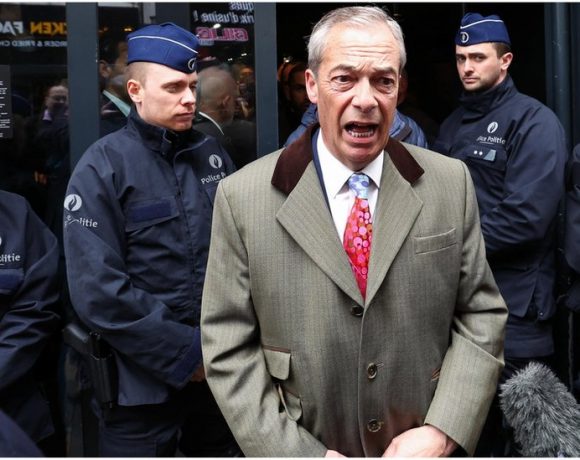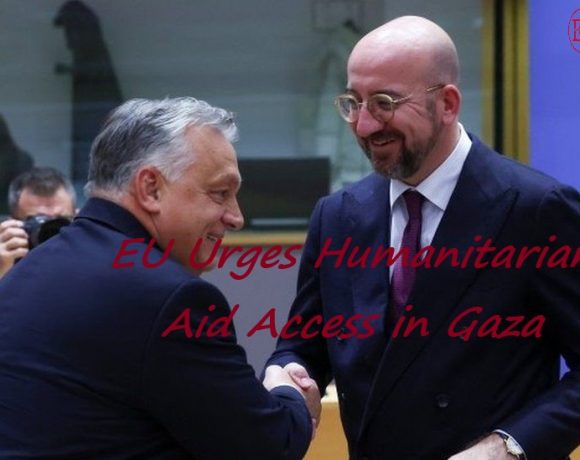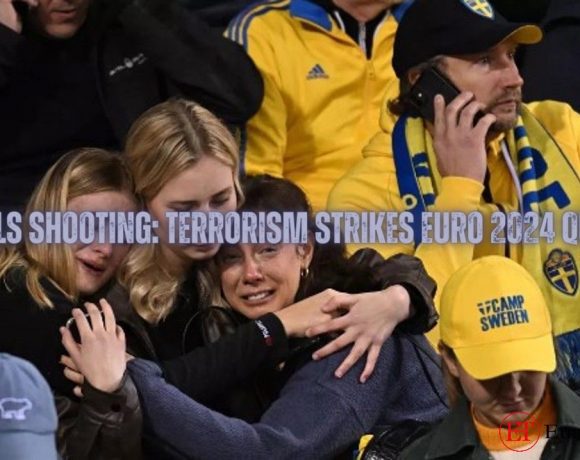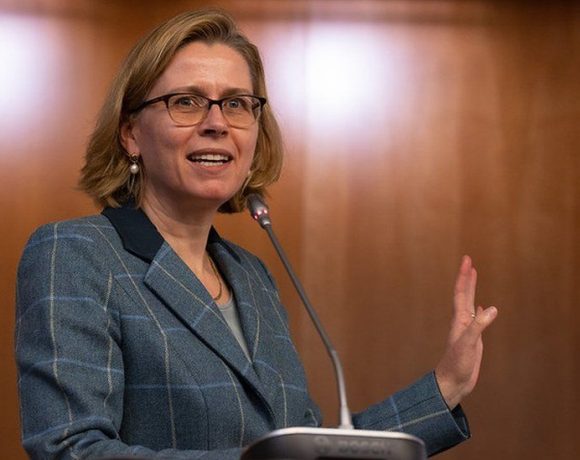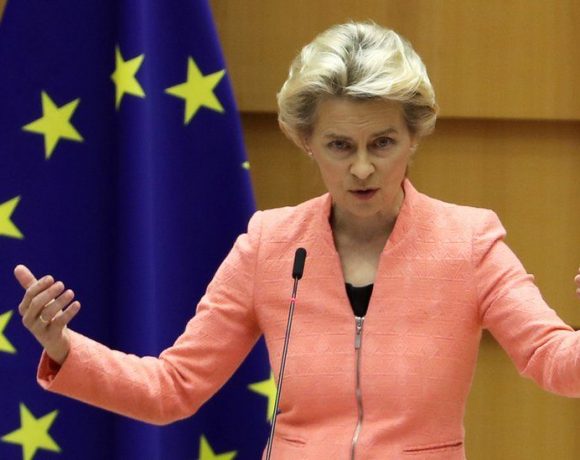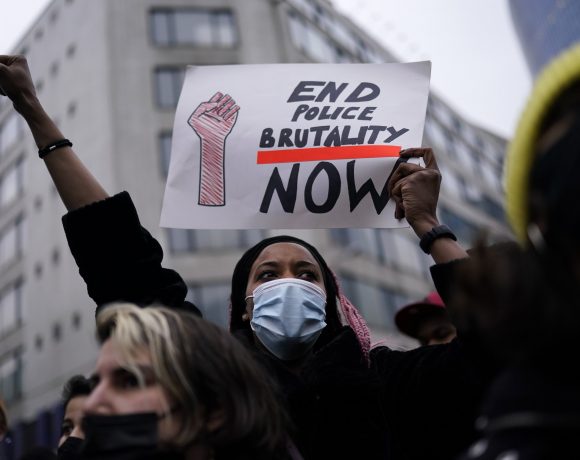
French President Emmanuel Macron has called on Europe to step up as a global power, warning that the continent faces a “wake-up call” amid rising challenges from China, Russia, and the United States. Speaking to European media ahead of an EU summit in Brussels, Macron emphasized the need for the EU to strengthen its economy, defense, and democratic systems, arguing that Europe must act cohesively to secure its strategic interests.
Macron proposed EU-wide mutualized loans, or “eurobonds for the future,” to fund industrial and technological investment. He highlighted the growing global demand for such shared European debt, while urging member states to protect key industries like security, clean energy, and artificial intelligence without resorting to protectionism.
The French leader stressed Europe’s vulnerability in a changing world order, citing climate change, dwindling U.S. security guarantees, and China’s rising influence. Macron urged the 27-member EU to embrace its collective strength of 450 million people, insisting that becoming a global power is the natural continuation of the European project to maintain peace and build a robust market.
Pic courtesy: google/ images are subject to copyright

